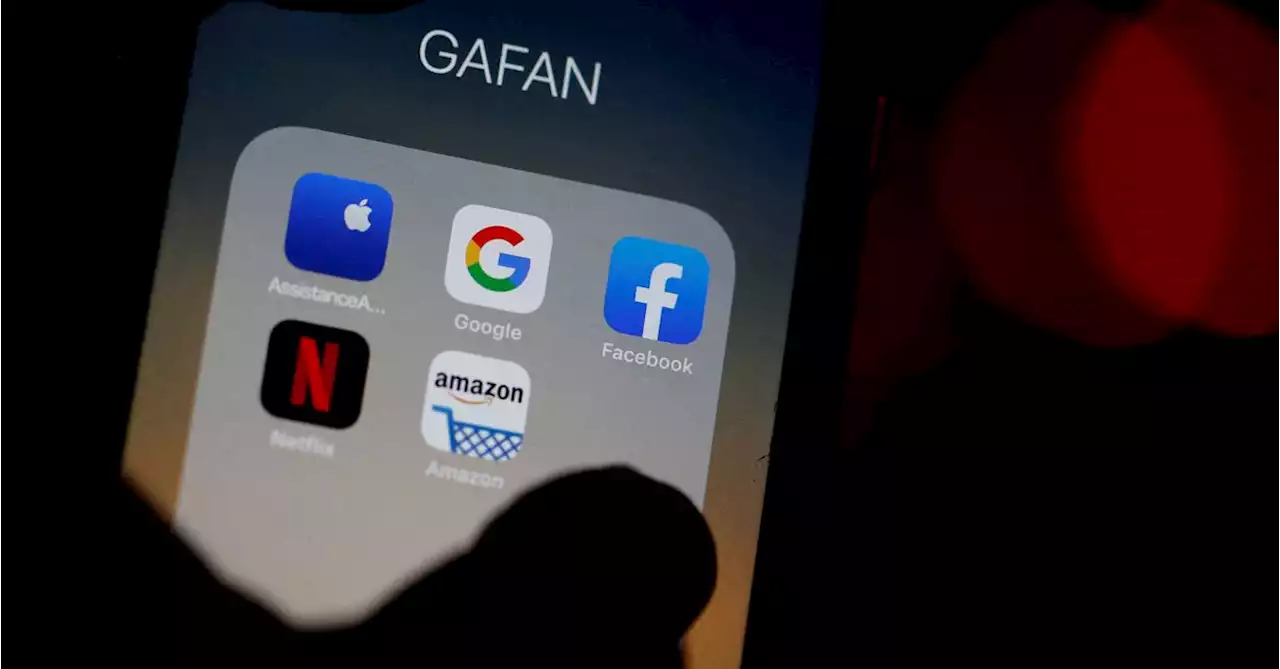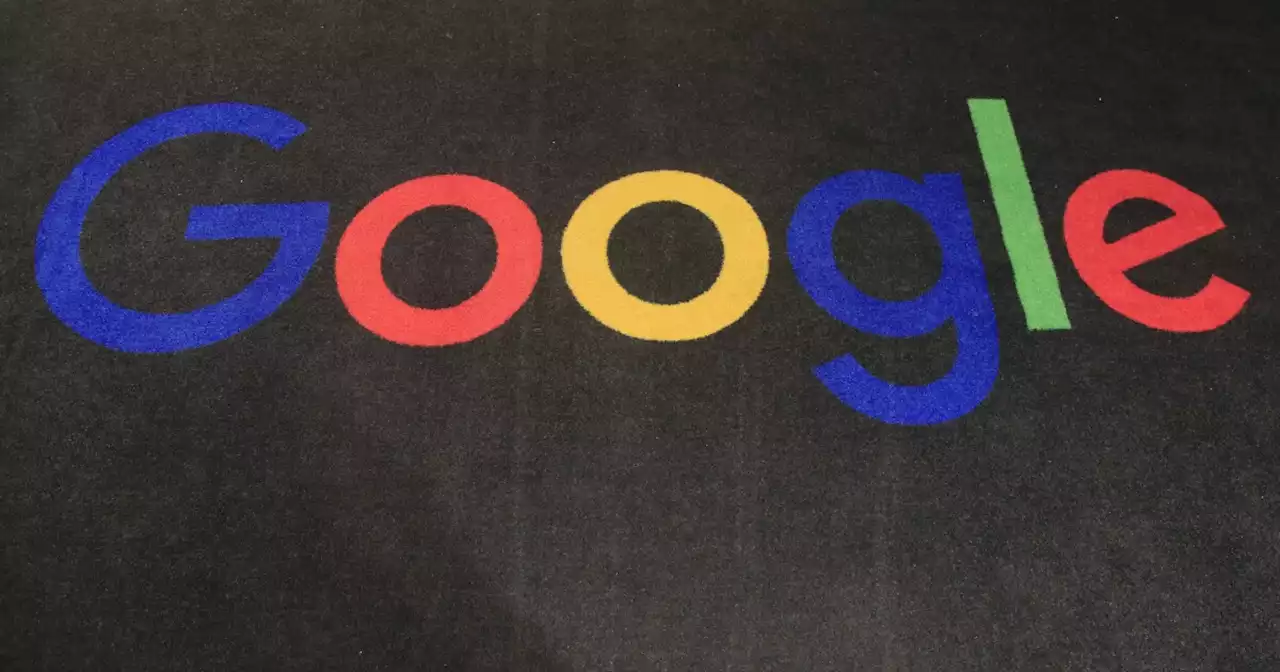The Supreme Court has chosen to tackle a question at the heart of the debate over Big Tech. When they decide Gonzales v. Google, the justices will have to address for the first time the extent of the legal immunity granted to internet platforms such as YouTube (owned by Google), Facebook, and…
The Supreme Court has chosen to tackle a question at the heart of the debate over Big Tech. When they decide Gonzales v. Google, the justices will have to address for the first time the extent of the legal immunity granted to internet platforms such as YouTube , Facebook, and Twitter under Section 230 of the federal Communications Decency Act. Many conservatives are among those hoping the court will curtail this immunity. But they are likely to be disappointed by a post-230 world.
Conservatives are rightfully angry at the liberal bias that seems to pervade platforms’ censorship practices. However, if they believe that limiting Section 230 will effectively combat this bias, they are mistaken. There exist a handful of state statutes that prohibit discrimination — primarily employment discrimination — based on political affiliation or political activity, but using them to go after platform censorship is a stretch. More to the point, Texas and Florida recently enacted laws aimed at punishing platforms for ideological bias.
While the small number of platform bias lawsuits that conservatives have brought — suits by Tulsi Gabbard and Prager University against Google, for example — have almost universally failed on Section 230 grounds, they provide a good preview of the claims we’d see in a world without Section 230. Those suits have relied largely on free speech claims and allegations of anti-competitive behavior or misrepresentation of content moderation policies.
Allegations that platforms misrepresent their content moderation policies — typically breach of contract claims — stand the best chance if 230 is repealed. But punitive damages are ordinarily unavailable for contract claims, and compensatory damages are unlikely to be a game changer. Moreover, platforms can forestall these claims by adjusting the wording of their representations.
United States Latest News, United States Headlines
Similar News:You can also read news stories similar to this one that we have collected from other news sources.
 Supreme Court struggles to draw line on how Big Tech aids terrorists who use platformsSupreme Court justices searched Wednesday for a way to determine when large social media companies used by terrorists cross the line into aiding and abetting them in their attacks.
Supreme Court struggles to draw line on how Big Tech aids terrorists who use platformsSupreme Court justices searched Wednesday for a way to determine when large social media companies used by terrorists cross the line into aiding and abetting them in their attacks.
Read more »
 Breakingviews - Amazon delivers a regulatory breather to Big TechTrustbusters may have finally discovered their eyes are bigger than their stomachs. The U.S. Federal Trade Commission said it won’t challenge Amazon.com’s $3.9 billion acquisition of physician network One Medical. As the deal moves forward, deal-hungry technology giants can take a small breather.
Breakingviews - Amazon delivers a regulatory breather to Big TechTrustbusters may have finally discovered their eyes are bigger than their stomachs. The U.S. Federal Trade Commission said it won’t challenge Amazon.com’s $3.9 billion acquisition of physician network One Medical. As the deal moves forward, deal-hungry technology giants can take a small breather.
Read more »
 How CNN's interview with Osama bin Laden became Supreme Court Big Tech flashpointAllegations that Twitter's hosting of unrelated content on its platform contributed to an Islamic State terrorist attack prompted Supreme Court justices to ask parties on Wednesday about what liability a business would have for dealing with Osama bin Laden.
How CNN's interview with Osama bin Laden became Supreme Court Big Tech flashpointAllegations that Twitter's hosting of unrelated content on its platform contributed to an Islamic State terrorist attack prompted Supreme Court justices to ask parties on Wednesday about what liability a business would have for dealing with Osama bin Laden.
Read more »
 EU riles Big Tech with telecoms network costs consultationThe European Commission drew criticism from Meta Platform and other Big Tech firms on Thursday with the launch of a consultation on who should foot the bill for billions of euros of investments in Europe's telecoms network.
EU riles Big Tech with telecoms network costs consultationThe European Commission drew criticism from Meta Platform and other Big Tech firms on Thursday with the launch of a consultation on who should foot the bill for billions of euros of investments in Europe's telecoms network.
Read more »
 China bans its big tech companies from providing ChatGPT serviceThe country has a history of banning big tech services, having previously banned Google, Facebook, YouTube, and Wikipedia.
China bans its big tech companies from providing ChatGPT serviceThe country has a history of banning big tech services, having previously banned Google, Facebook, YouTube, and Wikipedia.
Read more »
